Basic Biotechnology - RKWBI1ABNE
Academic year/semester: 2024/25/2
ECTS Credits: 3
Available for: All OU students
Lecture hours: 2
Seminarium:-
Practice: 0
Laboratory: 0
Consultation: -
Prerequisites: None
Course Leader: Dr Hosam, Bayoumi
Faculty: Rejtő Sándor Faculty of Light Industry and Environmental Engineering, 1034 Budapest, Doberdó utca 6.
Course Description:
Introduction; The concept of biotechnology; Definitions of Biotechnology; Scientific integration
in the area of biotechnology; applications of biotechnology. General overview of biotechnology;
Processing methods in biotechnology. Definitions, the main areas of bioinformatics and their
subsectors. Red Biotechnology: Red biotechnology major global development trends decisive. The
biotechnology and cell therapy. The basic types of biocatalysts. Bioreactors. Application of
microorganisms. Construction work for industrial microbiological (fermentation) operations. The
end products of the industrial biotechnology. White Biotechnology: Environmental biotechnology.
Bio-based materials, biofinomítás, Bioenergy, Bioremediation. Green Biotechnology: Technical
conditions for plant biotechnology methods. Plant cells based on biotechnological processes.
Biotechnology of Food Industry. Molecular Biotechnology. Genetic engineering.
Nanobiotechnology: using for detection and construction of biological macromolecules.
Competences:
Knowledge of general and specific mathematical, natural and social scientific principles, rules, relations, and procedures as required to pursue activities in the special field of environment protection. Knowledge of the learning, knowledge acquisition, and data collection methods of the special fields of environment protection, their ethical limitations and problem solving techniques. Comprehensive knowledge of the basic features and interrelations of environmental elements and systems, as well as of the environmentally harmful substances affecting them. Able to cooperate with engineers involved in the development and application of production and other technologies to develop the given technology in terms of environment protection. Able to participate creatively in engineering work based on their multidisciplinary skills, as well as to adapt to continuously changing circumstances. Collaboration with civil organizations engaged in environment protection, but willing to argue in order to develop optimal solutions. Constantly upgrading their knowledge of environment protection by attending organized professional development training courses. Sharing experiences with colleagues, thus promoting their development. Taking responsibility towards society for their decisions made in the scope of environment protection.
Topics:
Assessment: Attendance of lectures is compulsory! Examination requirements: It is not allowed to be absence more than 4 lectures. 2 midterms with at least a pass grade (50-64 = 2%). Requirements to pass the course: Two written exams. Solve the Homework and write an assay. Term marks: 85-100%: excellent (5), 75-84%: good (4), 65-74%: satisfactory (3), 50-64%: pass (2), 0-49%: fail (1).
Exam Types:
Mid Term Exam
Compulsory bibliography: 1. Lectures PPT 2. Hallam Stevens (2016): Biotechnology and Society: An Introduction. University of Chicago Press. ISBN 022604615X, 9780226046150 3. David P. Clark, Nanette J. Pazdernik (2015): Biotechnology. Second Edition Newnes. 76 4. Sarah S. Richardson, Hallam Stevens (2015): Postgenomics: Perspectives on Biology after the Genome. Duke University Press. ISBN: 0822375443, 9780822375449. 5. Venetia A. Saunders (2012): Microbial genetics applied to biotechnology: principles and techniques of gene transfer and manipulation. Springer Science & Business Media 6. Molly Fitzgerald-Hayes, Frieda Reichsman (2009): DNA and Biotechnology. Academic Press 7. John E. Smith (2009): Biotechnology. Cambridge University Press. ISBN: 1139476807, 9781139476805 8. Cornelia Kasper, Martijn van Griensven, Ralf Pörtner (2009): Bioreactor Systems for Tissue Engineering. Springer Science & Business Media. 9. Martina Newell-McGloughlin, Edward Re (2007): The Evolution of Biotechnology: From Natufians to Nanotechnology. Springer Science & Business Media, ISBN: 1402051492, 9781402051494 10. Ralf Pörtner (2007): Animal Cell Biotechnology: Methods and Protocols. Springer Science & Business Media 11. Colin Ratledge, Bjorn Kristiansen (2006): Basic Biotechnology. Cambridge University Press. ISBN: 0521840317, 9780521840316 12. Julian Chaudhuri, Mohamed Al-Rubeai (2005): Bioreactors for Tissue Engineering: Principles, Design and Operation. Springer Science & Business Media. 13. Stuart N. Isaacs (2004): Vaccinia Virus and Poxvirology: Methods and Protocols. Springer Science & Business Media
Recommended bibliography: -
Additional bibliography: -
Additional Information: -



